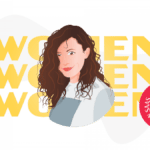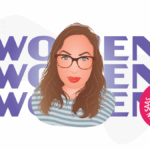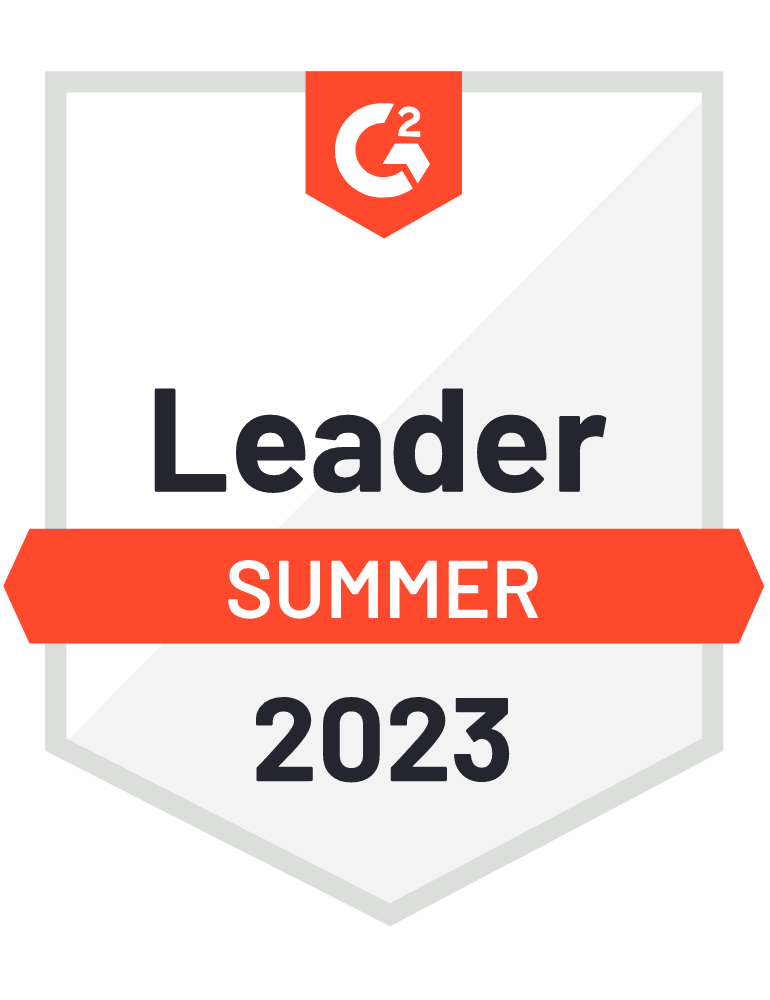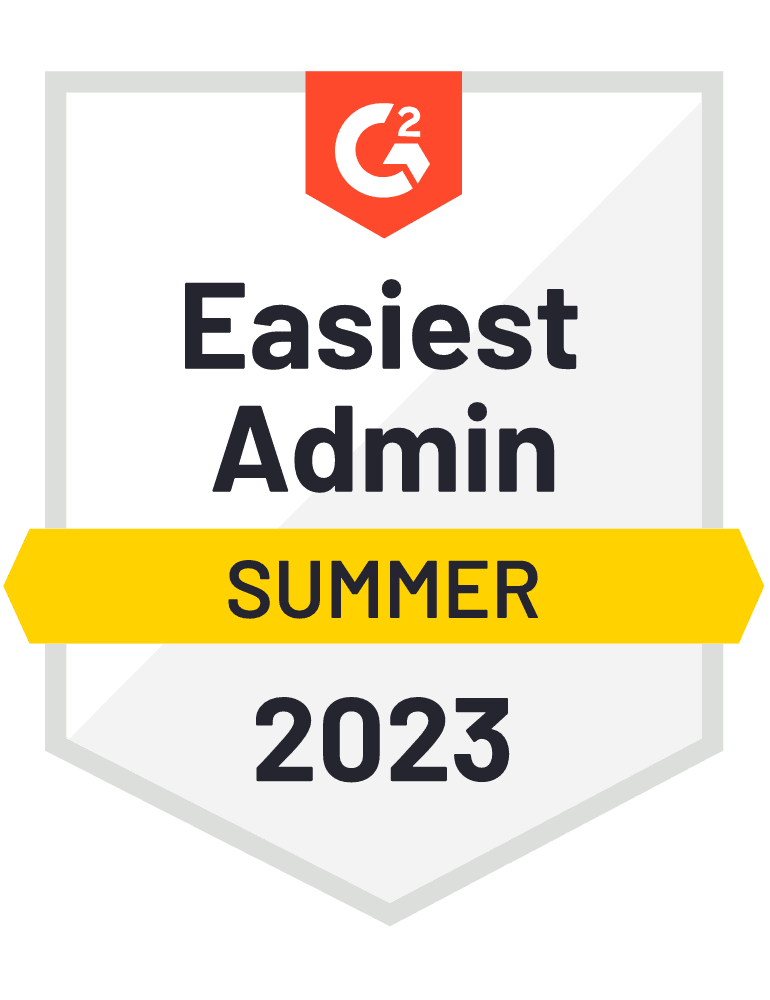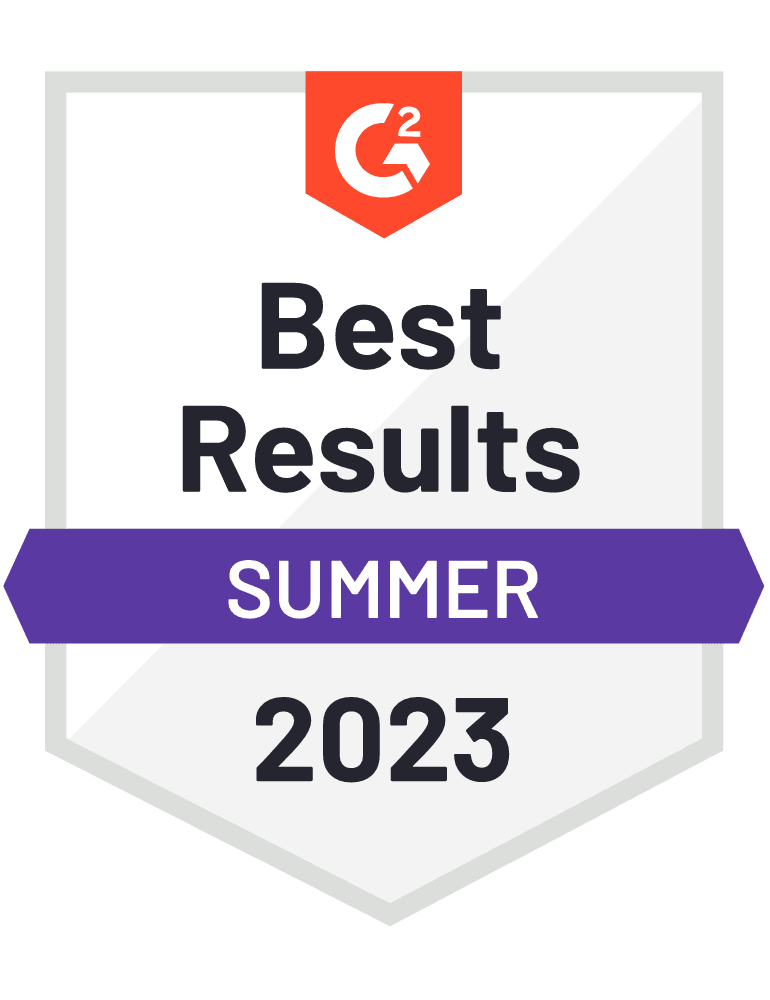Women in SaaS: Zuzana from Minit

As part of our Women in SaaS bi-weekly interviews, we are thrilled to introduce you to yet another inspirational leader in the tech industry. Her story is one of seizing unexpected but well-deserved opportunities—and despite an already compelling bio, it’s only the beginning.
Meet Zuzana from Minit, a process mining company that helps businesses optimize their operations. Initially gravitating towards PhD studies, Zuzana’s path did not always clearly point to the SaaS field. It was her admiration of the tech world’s impact that drove her to make the leap… and she’s been helping companies grow ever since.
Hi Zuzana, can you please introduce yourself, your role and the company you work for?
Hello! My name is Zuzana Vancova and I drive strong execution of strategy at Minit Process Mining.
Process mining has been taking off at lightning speed. The technology enables companies to understand how they truly work in terms of processes and operations, helping them drive large-scale operational improvements. Thanks to our strong product features, engaging user experience, flexibility and quick deployment, more and more businesses are getting interested in Minit’s solution. I have been with Minit for 9 months; I joined the company after having helped to build and (co-)lead Operations at a startup that scaled from 80 to 300 employees.
My current mission at Minit is to drive scalability and execution via: aligning the team around common goals, enabling high performance, and providing transparency into our results. Our Operations is currently composed of Finance, Ops and HR, so I kind of keep changing hats. 🙂 And as part of the executive team, I am responsible for tracking key metrics, overseeing the financial health of the business and making sure we have a productive, empowered team.
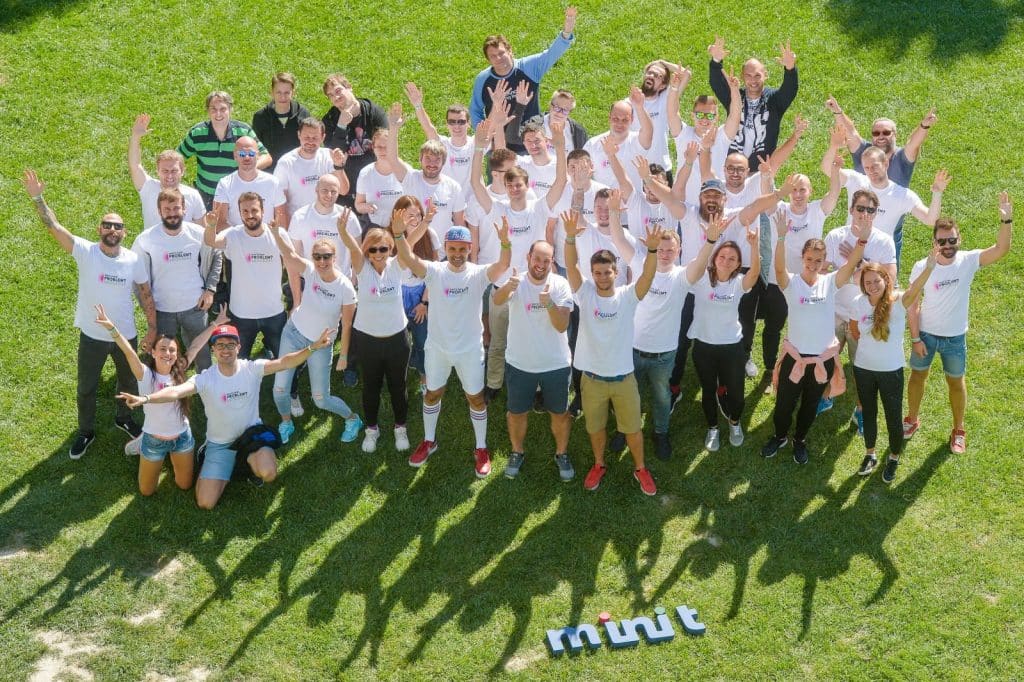
Did you study technology? Do you feel it’s important to have a tech education in order to get a job in a tech startup?
I did not, and it depends on the position. All businesses, even tech businesses, have traditional roles like Sales, Marketing, Finance, HR or Ops. In the majority of cases, you do not strictly need a tech education for these types of roles.
A tech background is needed for roles in Engineering, Product and Security departments, and some more technical roles in Presales, Consulting or Services. But even that is not a rule. I have seen hiring managers to hire smart people who may not necessarily have had the full competence required for that particular role, but who made the cut because they demonstrated great potential and were a good culture fit.
Having a tech education helps, but it is not important for all roles.
What was the biggest challenge for you when entering the tech field and how did you manage to overcome it?
The overall newness of everything. As someone hired into the management team of a 100-person startup—which was onboarding 10-20 new people each month—I needed to make sure that we were handling the growth. At the same time, I was ramping up my understanding of the business and the way of operating on the spot. Part of the journey involved gaining the team’s respect, as I was relatively young. Fortunately, this was quickly overcome once the team saw my first wins.
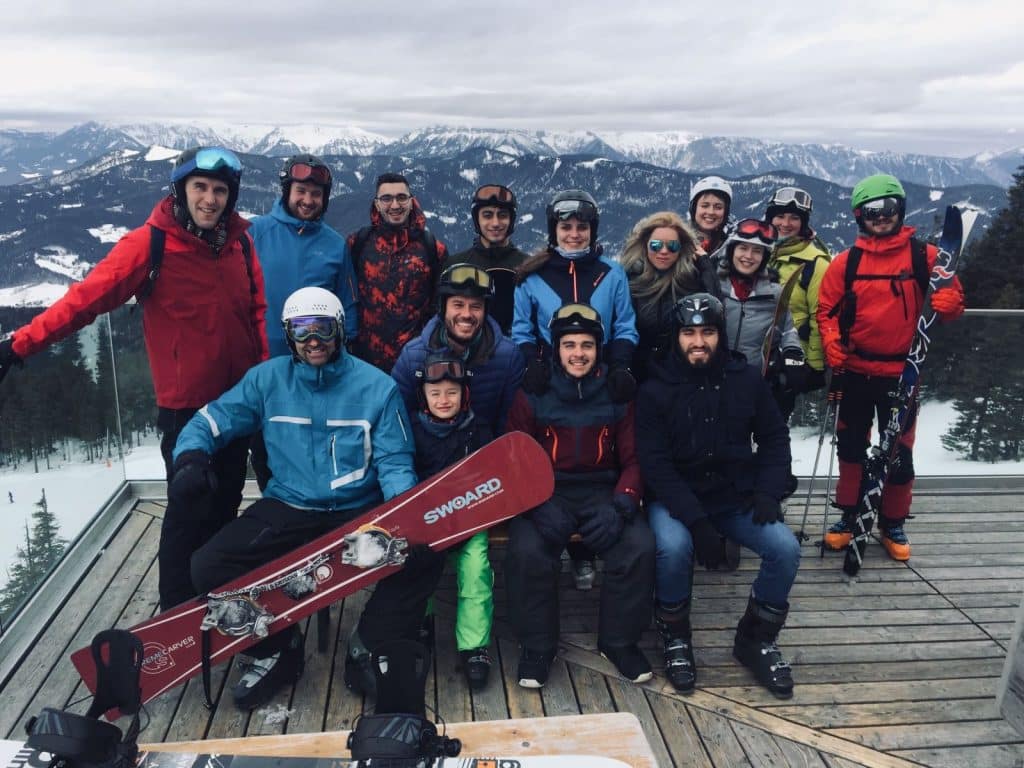
What helped me overcome the challenge was taking a structured approach, utilizing active listening and following through to completion. I also continuously supported my team with maximum effort and, when needed, I stood up for them. Four months in, I was promoted and took on a few more responsibilities.
Thinking back to your journey and how you arrived at where you are today, is there anything you’d change if you could?
Not really. I have grown so much as a person and as a leader thanks to the specific experiences I’ve had, and I am glad I had them. Some of them were life lessons, some of them were prompts to really look inwards and understand my own perceptions and attitudes.
What sort of impact do you feel from working in a male-dominated industry/environment?
Well, I find that dividing us principally, thinking of people as “women” and “men” at work, is counterproductive. The reason is simple: This approach divides rather than unites. It does not incentivize either side to work with, respect and embrace the other.
I believe we all have different qualities, hence I like to embrace diversity and get to know people as they are, regardless of their gender, orientation, skin color, preferences or any differences really. We all have something to bring to the table. It’s just a matter of embracing the differences and finding ways to work together. This requires a certain mindset, and it’s the attitude that I bring to work.
Even though I have not experienced gender inequality (or other common inequalities that take place in the workplace) personally, it is the reality. My heart is with those who struggle with these issues on a daily basis. I believe it is the responsibility of each of us to work on our internal biases.

Only 3% of females say a career in technology is their first choice. Why do you believe working in a tech startup or SaaS is a good career path?
That’s interesting. Let me first say for whom I think it is a good career path, and why it is a great path.
Regardless of gender, it is a good career path for those who are okay with constant change, fast-growth that sometimes brings an overwhelming amount of work and pressure, and a continuum of ups and downs (both on a company level and on a personal level). So in a way, it fits certain types of personalities more than others. (And no, that does not mean you have to be an extrovert!)
However, thinking that not having a technological background is a dealbreaker is incorrect. Working in a tech startup opens up a world of opportunities. You get to drive things forward and see the direct results of your work.
You witness tremendous growth personally and professionally, and you can grow so much as a leader. More often than not, you will have the opportunity to try roles in different departments; since startup cultures are usually very open, gaining an understanding of the full context of a business is also more accessible.
The environment is fast, sometimes drastic, but conducive to opportunities for growth and learning. You can find incredible fulfillment—whether that comes from accomplishing something, working for a common cause, having the trust of your colleagues, or simply in helping others. I believe all of this is highly accessible with a tech career path.
Do you see a lack of female presence at your startup? If so, how do you think this could be changed?
Not really. At Minit, we have a 20% female ratio overall and a 33% female representation in leadership, which is higher than the typical benchmarks of 20%. We also have females in tech roles; for example, in Product, two women lead their own teams.
What would you recommend to women who would like to enter the tech field?
Use your network. Try and see if you have any connections in the tech field and invite those people for coffee, or ask to be introduced. Their stories will give you a taste of what it’s really like to work in tech, and they might open the doors to the field for you.
Can you also recommend any educational/reading material to women who would like to enter the tech field?
Out of books, I would recommend reading Trillion Dollar Coach (one of my favorites!), Blitzscaling and The Ride of a Lifetime. Podcast – Masters of Scale. If you are considering a finance career in SaaS, check out The SaaS CFO blog. You can also research the top 10-15 female leaders in tech; I personally follow Sheryl Sandberg and Amy Gallo.
People working in startups are usually very busy. How do you manage your work-life balance? Do you find time for passion projects?
There are two sides to work-life balance: the external and the internal. What I learned over the last few years is that work-life balance starts and ends with personal boundaries. Of course, this is applicable only until you have such a workload that it simply isn’t manageable. If you want to have time for yourself or for things outside of work, you need to focus on both.
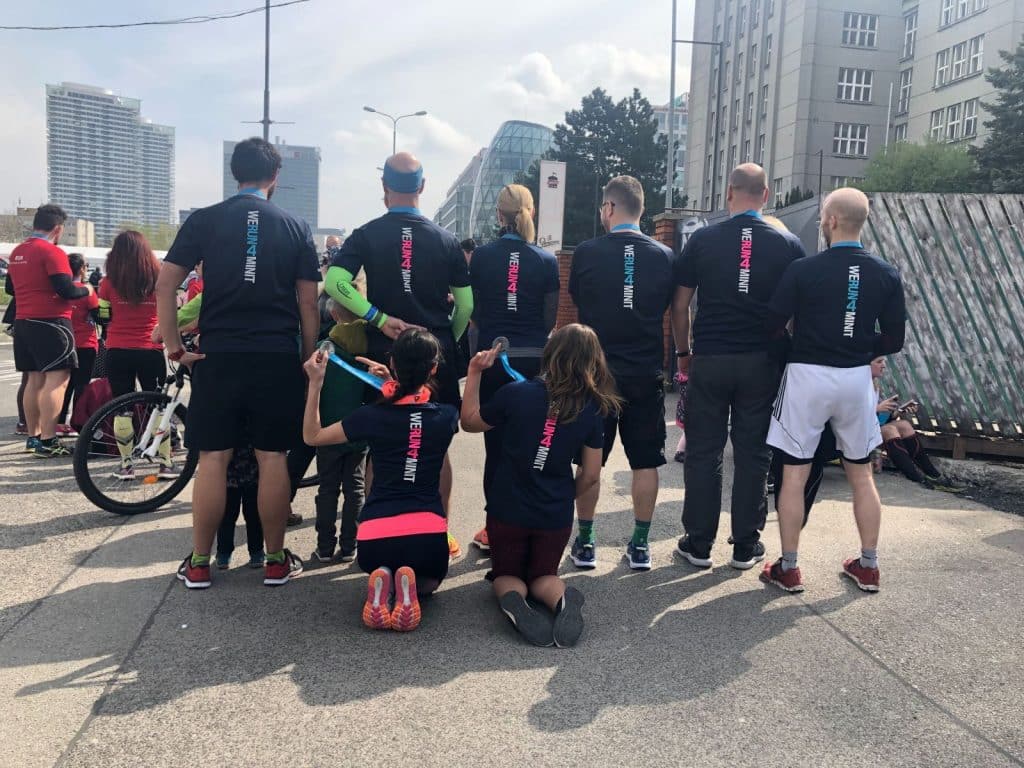
That may include learning to be more conscious of your needs and voicing them, understanding your inner drivers or reprioritizing when necessary. The balance is not always perfect and sometimes you’re required to dedicate more time to work. But everything becomes much more manageable once you understand that nothing bad will happen if you do less work (but make it highly focused). I’d recommend listening more to your needs.
Personally, I do have time for side projects. I’ve recently signed up for mentoring with Growni.sk. My friend and I will soon be starting a small circle of ops leaders, and I am also a member of a Lean In circle. Apart from that, I absolutely love traveling.
You travelled across Sri Lanka alone. How did this impact your life? Would you recommend the experience to others?
Traveling solo brings a lot of joy and inspiration into my world. Every year, I take a break to travel. Seeing the beauty of the world awakens something wonderful within me.
Last year, when I traveled around Sri Lanka, I was on this six-hour train ride looking at amazing tea country scenery, and I felt like a child filled with wonder. There are so many great places to see and amazing people to meet in the world. You bring those experiences home with you, and they give you something to remember for a lifetime.
Traveling also lets you see yourself from another perspective. I love connecting with people and learning about their life stories—which are sometimes very tough, and sometimes so light they make you laugh. You learn that even monks and nuns in monasteries are people just like we are, carrying their own stars and shadows.
I never feel lonely traveling solo, and that’s the beauty of it. It is also a great way for me to reconnect and reflect on the past few months, and come back home with more joy and positive energy.

Women in SaaS initiative
Did you know that only 3% of females say a career in technology is their first choice and only 5% of leadership positions in technology are held by a woman? With our new initiative – Women in SaaS interviews, we want to inspire more women to join SaaS field & technology and combat prejudges connected to technology.
Every two weeks, you can look forward to interviews with inspirational ladies who decided on a career path in SaaS. In our next article, we will talk to Diana Fusekova, Demand Generation Marketing Executive from Blooomreach.
In case you’ve missed it, here’s another story














